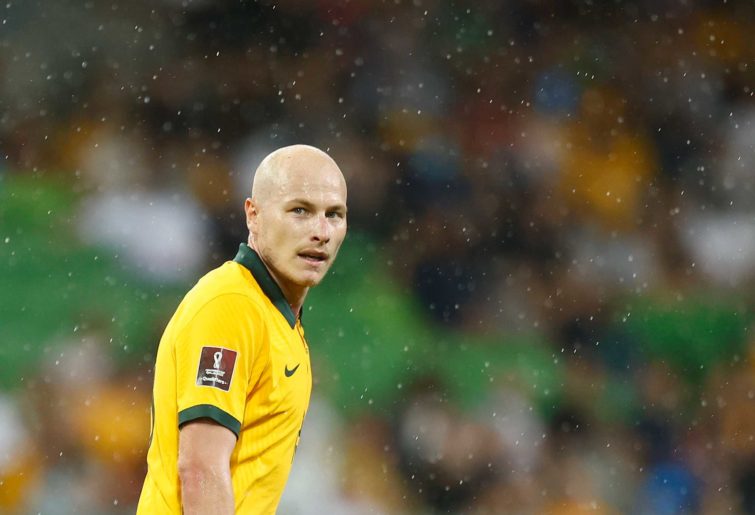
Just four days later Tunisia will be their second opponent, before Denmark enter the crosshairs for the final group match on November 30.
As is always the case, the reality of the Socceroos’ participation in the tournament has come around all so quickly, with play-offs once again required to secure the team’s place at the tournament and the subsequent time between the celebrations and actually competing continuing to be relatively brief.
It will be the last World Cup played in the current four team per group format and the future does look bright for our Socceroos, with an expanded tournament in 2026 to include 48 teams and the likelihood of Australia failing to qualify seriously slim.
However, that is then and this is now, and the upcoming event presents the Socceroos with perhaps their best chance of advancing beyond the group stage since the 2006 tournament, where Australian fans all rode the wave until being robbed by a superbly executed Italian dive.
It was Australian football at its highest peak, mixing it with the best on the planet and potentially appearing very unlucky in terms of the result that finally ended their brave run. However, 2022 presents a similar opportunity, should Graham Arnold’s men be able to muster that same strength of determination and resilience in Qatar.
The 2010 World Cup presented a chance for advancement to the knock-out phase, with the Socceroos up against Germany, Ghana and Serbia, yet the team fell short on goal difference and the 4-0 thumping against Germany sealed their fate.
In 2014, the football Gods did no favours to the Socceroos, with the draw matching them up with Netherlands, Chile and Spain, in what always looked a bridge too far when it came to repeating the success of the 2006 heroes.
The group in which the Australians found themselves for Russia 2018 did look a little more appetising, yet France were certain to qualify and Denmark appeared the most likely to join them in the round of 32.
With a then-stronger Peru as the third opposition team in Group C, the Australians appeared to be up against it as soon as Paul Pogba produced some second-half magic to get the French home.
Thus, for the third tournament in succession, the Socceroos left abruptly after just three games, with a fourth now being the desperate ambition of all Australian fans who crave for another orgasmic trip into the knock-out phase.

(Photo by Mike Owen/Getty Images)
In a sense, it matters little which teams are in the group necessitating navigation at a World Cup, with every nation deserving of being there. However, 2022 does appear to present the Socceroos with matches against two nations of whom they will feel confident of matching and potentially overcoming.
After living the majority of the qualification campaign in the Middle East and excelling in the conditions when the pressure was most intense, a Denmark team that will leave a predictably cold European winter and the currently 30th-ranked Tunisia are both doable challenges for the Socceroos.
In fact, Asian nations may well take a slight climatic advantage into the tournament, with the host nation, Iran, Saudi Arabia and South Korea all looming as real chances to advance beyond the group stage.
Whilst the French will no doubt enter as clear favourites against the Australians, Denmark proved equitable adversaries to the Socceroos in 2018 and should be respected but not feared based on recent results.
Moreover, Tunisia overcame the challenges of Equatorial Guinea and Zambia in African group stage qualification, before defeating Mali 1-0 to qualify for Qatar. Certainly a record that will not strike fear into the Socceroos.
Graham Arnold will have the cream of his crop available to select, as the majority of the injury concerns of early 2022 appear to have subsided.
He will also be hoping that his insistence that the Socceroos play their away matches in the air-conditioned Qatari stadiums will prove to be a masterstroke once the world gathers to work out who is the best football nation in 2022.
There is no doubt that it will be tough to advance beyond the group stage, as it should be for teams outside the top 25 in the FIFA rankings, yet this time around, the Socceroos certainly have a chance.
Any result against France is a bonus, whereas points against Tunisia and Denmark are more than possible. It all adds up to a World Cup where the Socceroos need to be at their best and be bold enough to dream of snaring another piece of Australian World Cup history.
Something tells me they have a mighty good chance of doing so.

Leave a Reply